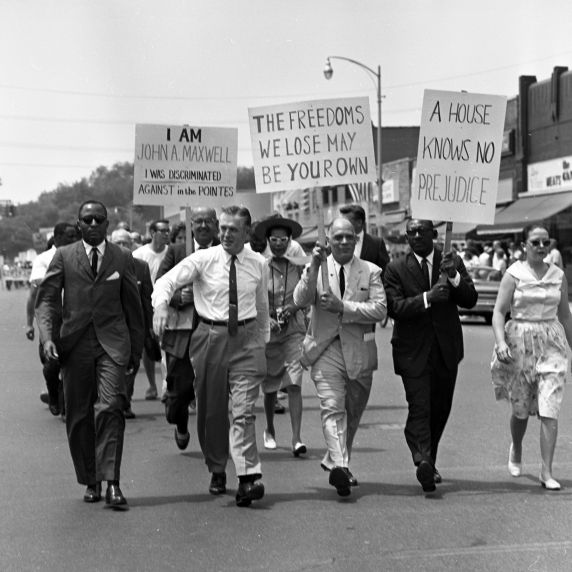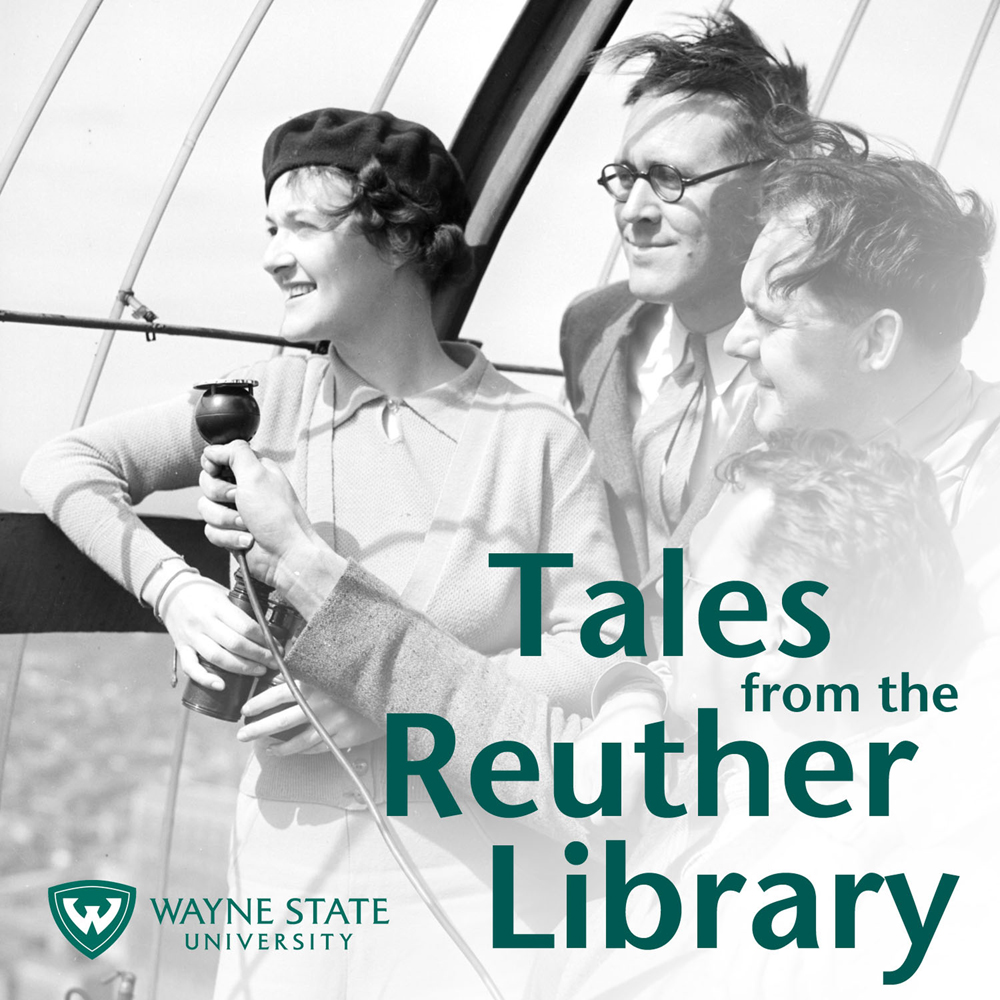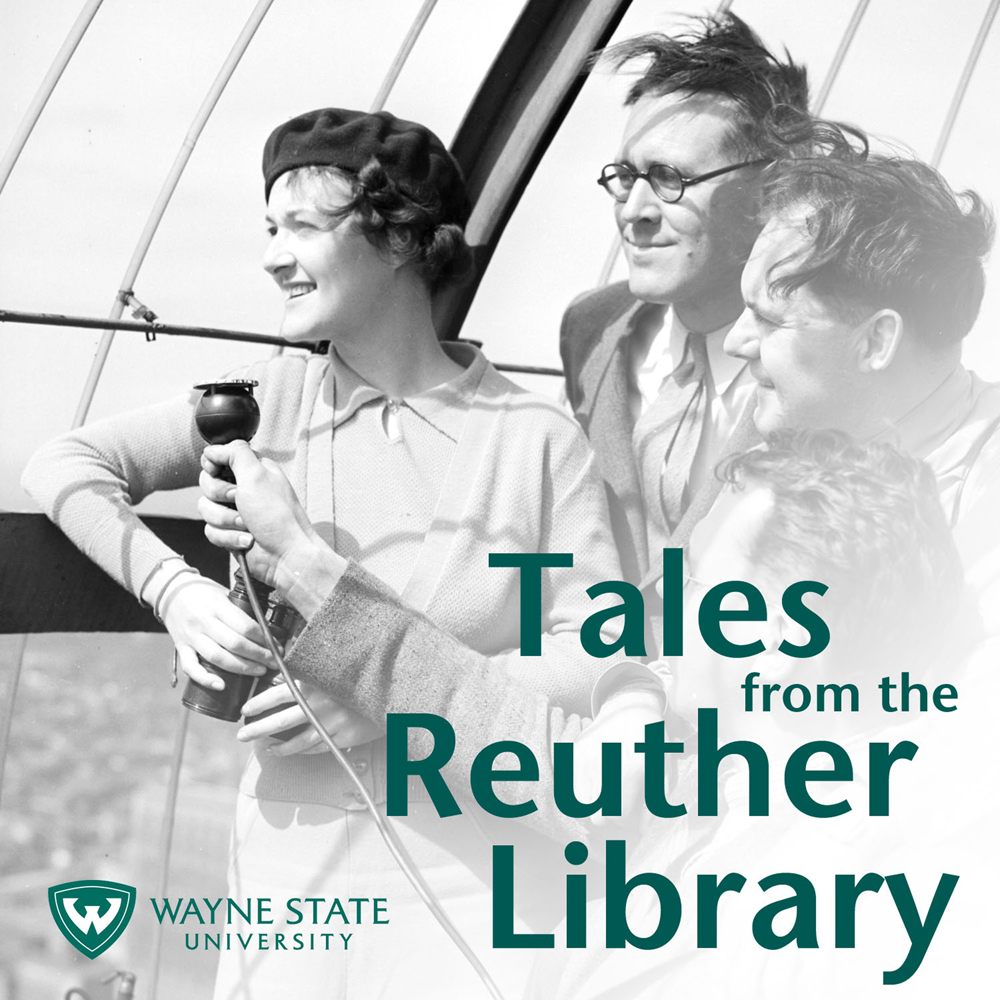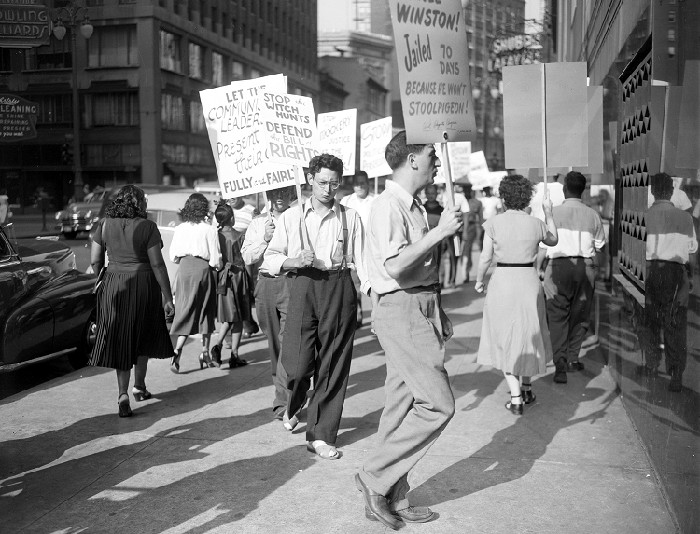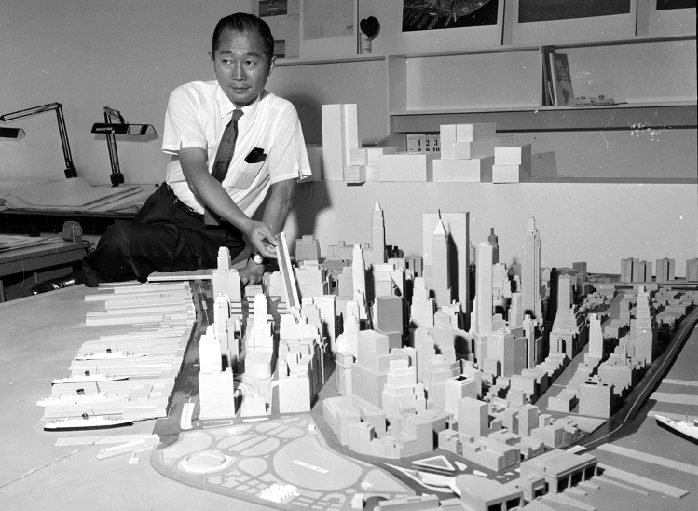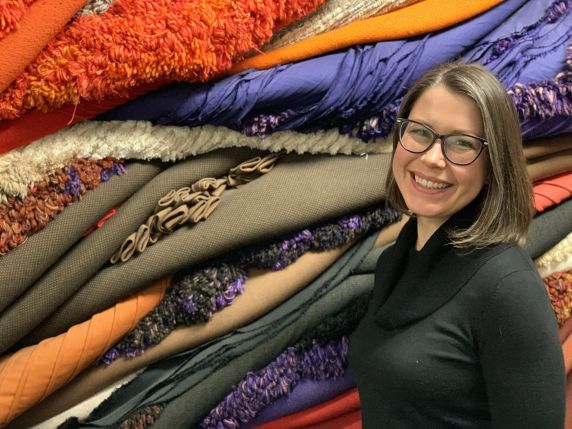Emma Maniere describes how homeowners associations in Grosse Pointe, an affluent suburb bordering Detroit, developed a point system following the Second World War to rank and exclude prospective homebuyers to maintain the community’s Anglo Christian whiteness and affluence. The point system, which ranked nativity and ethnicity, accent, skin tone, and occupation, among other measures, was dismantled in 1960 but left a pernicious legacy that continues to reverberate in the community today. Maniere is a doctoral candidate in the history program at New York University.
Related Collections:
ACLU of Michigan and Metropolitan Detroit Branch Records
Kathy Groehn Cosseboom El-Messidi Papers
Grosse Pointe Civil Rights Organizations Records
JCA: Jewish Community Council Records
Related Resources:
A “Most Conscientious and Considerate Method”: Residential Segregation and Integrationist Activism in Grosse Pointe, Michigan, 1960-1970
Episode Credits
Producers: Dan Golodner and Troy Eller English
Interviewee: Emma Maniere
Music: Bart Bealmear
Podcast: Play in new window | Download | Embed
Subscribe: Apple Podcasts | Spotify | Android | Podchaser | RSS | More
